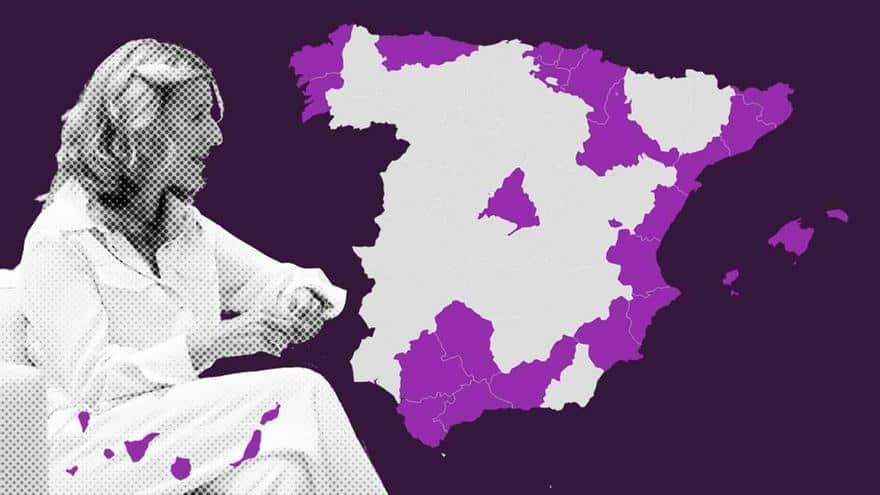The polls show the first steps of the political course that will mark the beginning of a new electoral cycle have given some oxygen to the partners of the Government and have slowed down the sustained growth that the right-wing parties had maintained until the summer break. The cocktail of economic data reflecting inflation, the energy saving measures, the new taxes and the presentation of the Budget have helped the PSOE and Unidas Podemos to cut in on the PP and Vox. The socialist recovery and the fall of the extreme right are the main changes in the last two months, when there is still a year of legislature left.
At the beginning of 2022, the Popular Party had a notable cushion over the PSOE in the polls due to the wear and tear that the management of the Executive caused in the Socialists. The sock was turned around with the fall of Pablo Casado and the landing of Alberto Núñez Feijóo at the head of the PP, a convulsive transition that gave air to the Moncloa’s hosts. But the Pegasus spying scandal left the dispute between the President of the Government, Pedro Sánchez, and the new leader of the opposition, who finally managed to surpass his rival propelled by the absolute majority of Juanma Moreno in Andalusia.
Poll results
The average of all polls on the general elections published in 2022 keeps the PP in first position, 4.5 points ahead of the PSOE, half a point more than at the beginning of September. Feijóo would now get 30.7% of the votes, 1.3 points more than two months ago. For his part, Sánchez would obtain 26.3% of the votes, one point more than in September. Although both have risen, the advantage of the Popular Party over the Socialists has also grown by half a point in the first two months of the political year.
Converting this average into seats, the difference in favor of the conservatives is now 25 seats, one less than in September. In two months, Feijóo has added 2 seats and Sánchez has gained 7, again surpassing the psychological threshold of 100 parliamentarians, from which he fell after the summer. In April, when the former Galician president assumed the leadership of the party, the president of the Government was 17 seats ahead of the PP. Since then, the PP has gained 24 seats and the PSOE has lost 1. The change of trend in the polls coincided with the absolute majority of the PP in Andalusia.
The calculations made by El Periódico de Catalunya, part of the Prensa Ibérica group, based on a formula used by Iván Serrano, a researcher at the UOC’s IN3 (Internet Interdisciplinary Institute), correspond to the weighted average of the main polls published. The weighting is carried out, as in other formulas of this type, according to the size of the sample (the larger, the greater the value) and the date of the fieldwork (the more recent, the more significant).
The recovery of the PP since the replacement of Casado by Feijóo continues to lacerate its communicating vessel, the extreme right of Vox, which in the last two months has scored the biggest setback of the year by dropping two points and remaining at 14.5% of the votes and 45 deputies (9 less than in September). Since its setback in the Andalusian elections, Santiago Abascal’s party has lost five points and 14 seats. It would still be the third force, but the distance with respect to the Popular Party has increased from 71 to 85 parliamentarians in just two months.
For the full article, please visit Diario de Ibiza website here.

